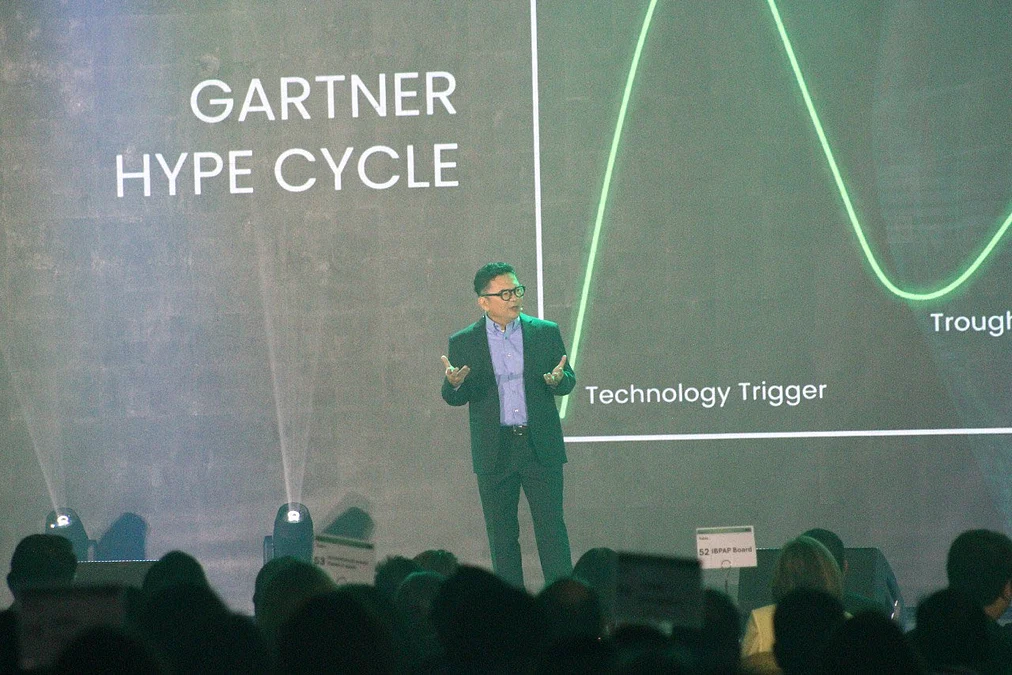By Raffy Ayeng
Copyright tribune

The IT & Business Process Association of the Philippines (IBPAP), the umbrella organization of the IT-BPM industry, reported that the country’s sector achieved 5 percent growth and is leading two transformative opportunities: the integration of Agentic and Artificial Intelligence (AI) into global business services and customer experience.At the opening of the International IT-BPM Summit (IIS) 2025, themed “Rewired for Value: The Global Wake-Up Call,” at Okada, Manila on Tuesday, IBPAP President and CEO Jack Madrid reported that by 2026, the IT-BPM industry is projected to reach $42 billion in revenues and employ 1.97 million Filipinos, reinforcing the country’s leadership as a global services hub.The Philippines’ closest rival in IT-BPM, India, contributed 7 percent to its GDP in 2024, with projections to rise to 10 percent by 2025, according to Statista. Madrid emphasized that the Philippines must move up the value chain to capitalize on emerging opportunities.“We are outpacing global growth, but growth alone will not secure our future. Transformation will,” he said.The Global Capability Centers (GCC) market, delivering functions across finance, HR, IT, analytics, marketing, and digital services, is projected to reach $155 billion globally by 2027, creating millions of new jobs. Madrid noted that the Philippines, with its talent pool, cost efficiency, and mature ecosystem, is well-positioned to expand as a GCC hub driving enterprise-wide innovation.“We can be both: a world-class outsourcing hub and a GCC hub powering enterprise transformation,” he added. AI resurgence Madrid identified AI as a defining opportunity for the sector. Currently, only 12 percent of Philippine firms report high AI maturity, while nearly half have begun embedding AI in some form. By 2028, more than 70 percent expect to reach high maturity. He stressed that the Philippines’ advantage lies in process knowledge, empathy, and trusted human interaction, positioning AI as an augmentation tool rather than a replacement.“Technology alone will not win. Our winning formula is blending AI with Filipino ingenuity, empathy, and trust,” Madrid said.To sustain momentum, Madrid outlined six imperatives for transformation, emphasizing alignment among policies, talent, and markets, and driving collaboration between government, academe, and industry.He called for innovation beyond Metro Manila by building regional hubs, empowering Filipino leaders to shape global solutions, and scaling GCCs into strategic engines of capability and innovation. He urged equipping the workforce with digital fluency and problem-solving skills, ensuring technology enhances Filipino ingenuity.The IT-BPM industry currently employs nearly two million Filipinos and contributes 8 percent of the country’s gross domestic product.“The future of IT-BPM is not just our industry’s agenda — it is a national priority. Together, we can rewire for value and keep the Philippines at the heart of global services,” Madrid concluded.



